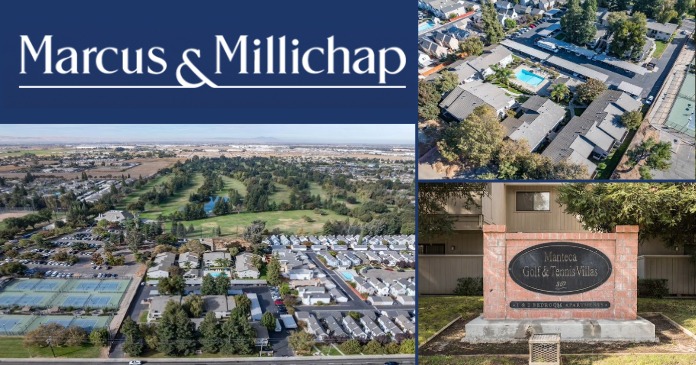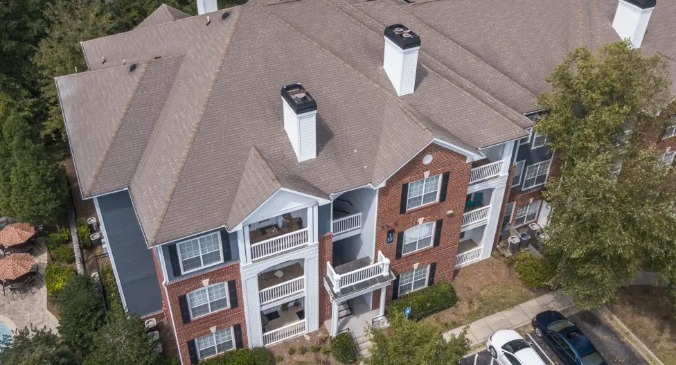
Bay Area Housing Finance Authority (BAHFA) leaders today joined the East Bay Asian Local Development Corporation (EBALDC) and community partners to break ground on EBALDC’s 97-unit Chinatown Senior Transit-Oriented Development (TOD) senior apartments adjacent to the Lake Merritt BART station in Oakland. BAHFA is jointly managed by the Metropolitan Transportation Commission and the Association of Bay Area Governments.
BAHFA funded a $3 million loan through the Priority Sites Pilot Program to help fund the development, which is scheduled to open for occupancy by summer 2026 and will include 44 apartments reserved for formerly homeless people. BAHFA issued its loan prior to the closing of other additional funding sources. This structure provided EBALDC with the flexibility it needed to meet all its construction loan closing obligations. The below-market BAHFA loan carries a 3% interest rate and 55-year term, with no payments due before loan maturity.
“Funding is critical, and this loan makes a significant difference for residents of Oakland,” said Alfredo Pedroza, BAHFA chair. “We know residents of the Bay Area are struggling to find and stay in affordable homes. BAHFA is working to address the region’s housing challenges through its pilot programs, and this is just one example of our work to help all Bay Area residents have access to safe, affordable housing.”
The California Department of Housing and Community Development’s Regional Early Action Planning Grant Program (REAP 2) made the Priority Sites Pilot Program possible. Due to strong support from state Sen. Scott Wiener of San Francisco and other advocates statewide, the fiscal 2024-25 state budget adopted this summer protected almost all REAP 2 funding from proposed cuts, providing the Bay Area with a critical source of money for projects like this one.
The Priority Sites Pilot Program helps communities meet local and regional housing needs by providing predevelopment and permanent financing for locally identified, regionally significant developments. Most Priority Sites projects are mixed-income, and all provide community amenities close to public transit.
“This project is one of two projects in my district that represent the culmination of more than a decade of community advocacy for public land for public good,” said Nikki Fortunato Bas, an Executive Board member of the Association of Bay Area Governments and Oakland City Council President. “Funding from BAHFA and Oakland’s Measure U, which I co-authored and Oakland voters passed overwhelmingly, help close the funding gap to create deeply affordable housing. I’m grateful to EBALDC and the Chinatown community organizations who advocated for our vision of affordable housing for seniors and families near public transit through the Lake Merritt BART Station Area Plan, and I’m excited for what this building and the rest of the development will do not just for Chinatown, but for all of Oakland.”
BAHFA’s loan for the Chinatown Senior TOD complex, including the (TOD) Senior apartments, also supports infrastructure and public space improvements that will benefit all residents of Oakland’s Chinatown. A publicly accessible, landscaped paseo between the buildings and the BART station will feature areas for rest and recreation, and pedestrian and bike infrastructure improvements will better connect Chinatown to other neighborhoods.
The BAHFA team collaborated with EBALDC and several other funding partners on the financing for the project, including BART, the City of Oakland, the Oakland Housing Authority, the California Strategic Growth Council, the California Department of Housing and Community Development, the California Tax Credit Allocation and Debt Limit Allocation Committees, the California Municipal Finance Authority, the California Department of Social Services, Enterprise Community Investment and Capital One.











